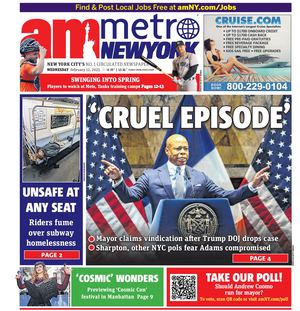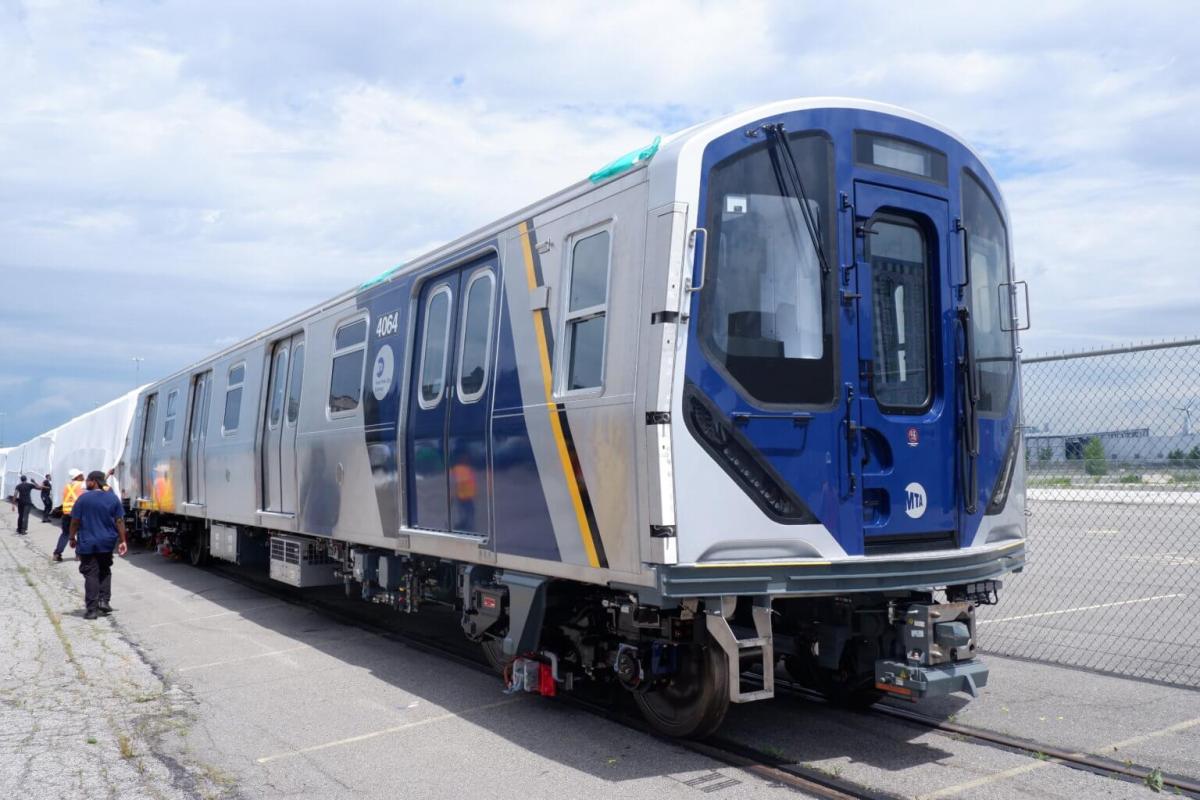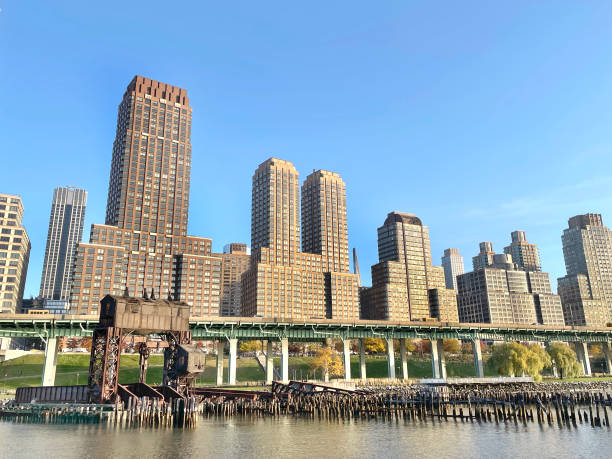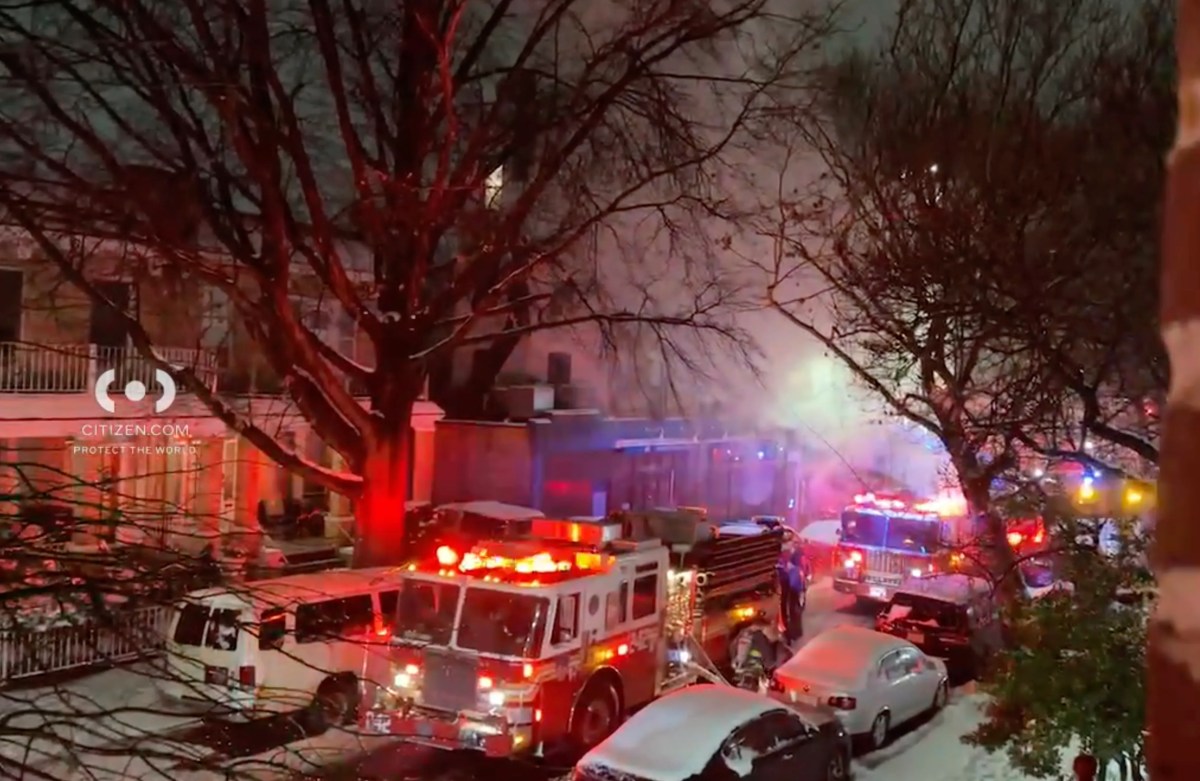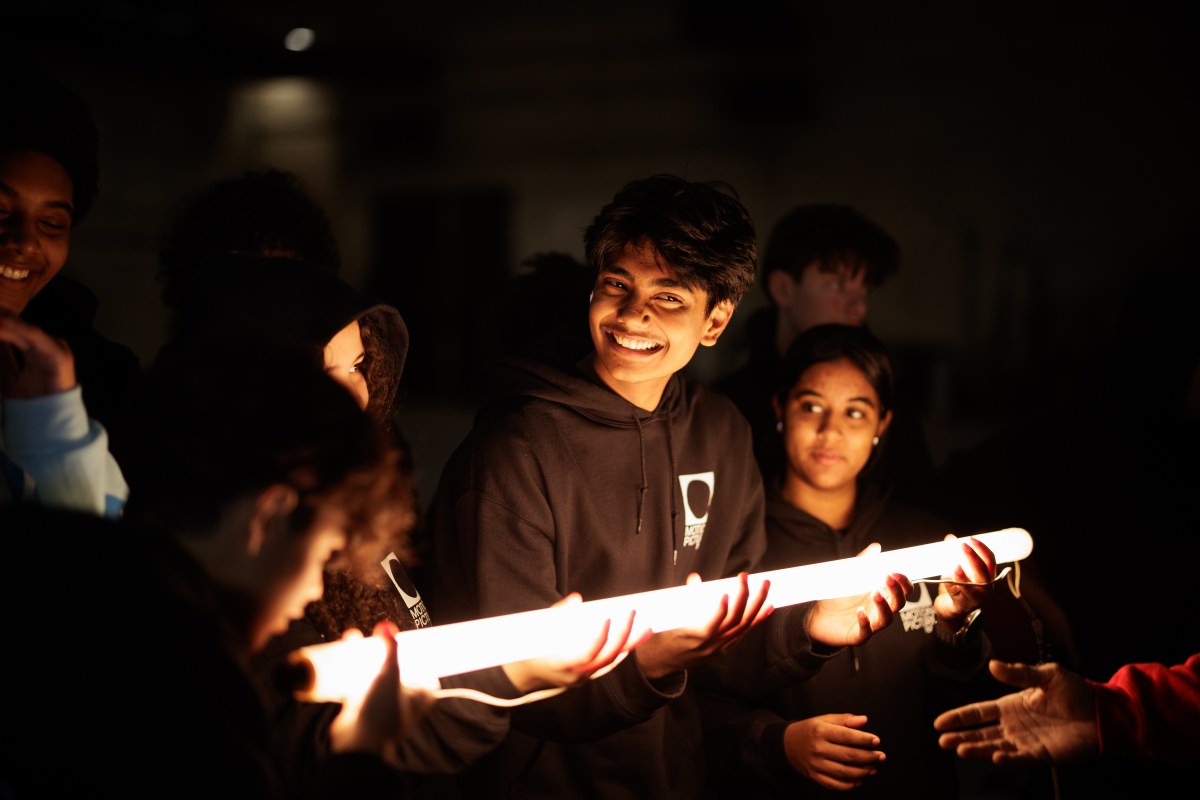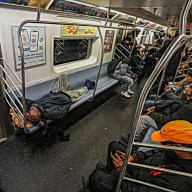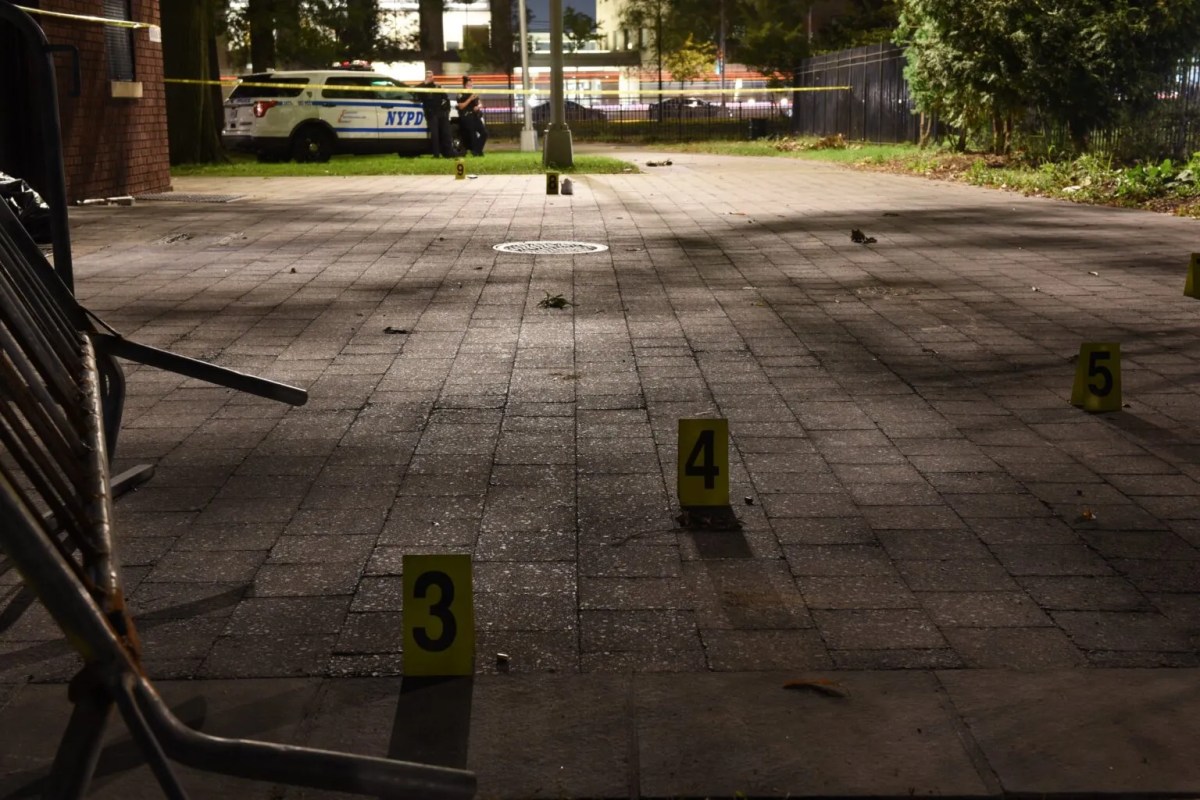The MTA board will vote this week on whether to spend $1.78 billion purchasing 640 brand-new train cars to replace its aging rolling stock.
The brand new R211 cars, produced by Japanese multinational Kawasaki, would come on top of 535 cars previously purchased from the same company for $1.4 billion, whose arrival in the Big Apple has been delayed by over a year owing to the COVID-19 pandemic, supply chain issues, and labor shortages.
If approved, the MTA would execute an option from its original 2018 contract to purchase more conditioned on good performance, although no R211s presently operate in passenger service and only a few have been delivered for testing. Further options could bring the number of R211s in the system to over 1,600 should they be executed. The contract is financed by the federal government, and could ultimately be worth about $4 billion.
The shiny new carriages could be expected for delivery to New York between February 2025 and December 2026, per MTA procurement documents, and would replace the 1970s-era R46 cars on the A and C lines.
Presented as the train of the future in a system filled with decades-old dinosaurs, the R211 will feature wider doors, LED lights, digital advertising arrays, fold-up seating for accessibility, and built-in surveillance cameras. While the 640-strong order will be all closed-end individualized cars, a select number from the original order will feature “open gangways” connecting each segment like an articulated bus.
The trains will also, crucially, come pre-installed with communications-based train control (CBTC), the modern signal system with which the MTA is presently replacing Depression-era analog signals in hopes of more efficient commutes.
The first R211s were initially expected to be delivered to New York for testing by 2020, but were delayed by a year owing to the pandemic. The full initial order of 440 subway cars for the A/C and 75 Staten Island Railway cars were expected to be rolling by 2024, but delays at Kawasaki’s Nebraska assembly plant have pushed back the beginning of their service to at least 2025, the Daily News reported this summer.
The News reported that the Lincoln, Nebraska plant was seeing constant employee turnover and chronic mismanagement, forcing MTA honchos to supervise Kawasaki’s workflow.
Kawasaki did not respond to a request for comment.
It seems the residents of the Cornhusker State have no hard feelings against the MTA: More than 20,000 residents recently voted the R211 the “coolest thing made in Nebraska” in a bracket-style contest run by the Nebraska Chamber of Commerce and Industry.
